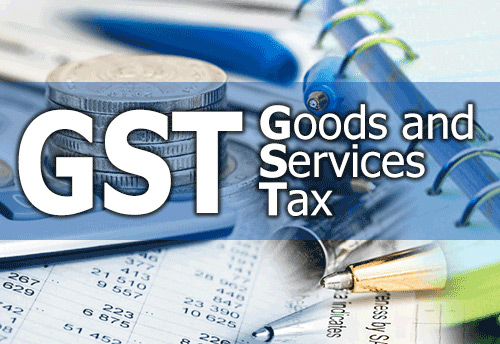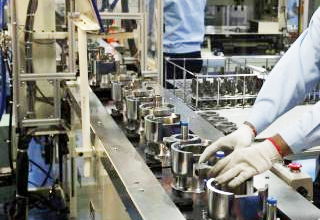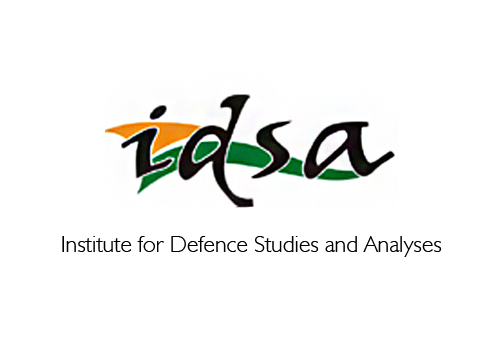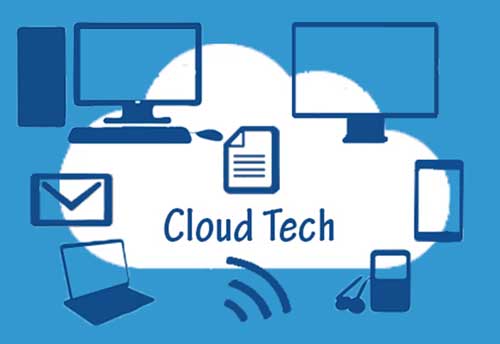Is GST Applicable for the Industry Associations?
Updated: Oct 24, 2017

Is GST Applicable for the Industry Associations?
July is the month of monsoon for the rest of Northern Hemisphere, but Indian government had its twist. Government choose to bring clouds of Goods and Services Tax (GST) for everyone; the cloud that would not stop dripping all year long. GST is a comprehensive, multi-stage, destination-based tax that will be levied on every value addition, which means all the previous indirect taxes are removed and replaced by GST.
GST compliance by a big firm is understandable but the complexity it offers, the micro and small enterprises have a thunderstorm approaching them. MSMEs contribute 30.74 % to GDP, 33.4% to total manufacturing output and 45% to total exports. If you are not impressed yet, we have more; 51 million enterprises come under MSME category and these employ 111 million Indian people. All these enterprises are connected by an estimated 3500 Industry Associations and globally called Business Membership Organisations (BMOs). These Industry Associations exist to help and develop their members functioning through networking, seminars, training, services etc.
GST is applicable to all profit-making entities which have total receipts of over Rs 20 Lacs in a year or do inter-state business, which implies many MSMEs hitherto unregistered, would have to get registered under GST now. But what about the Industry Associations themselves; do they also lie within the purview of GST? There has been a lot of confusion on this, quite like many other arenas of GST. In this article we try to (partially) clarify doubts raised by many friends working for NGO and Industry associations.
All BMOs are essentially not-for-profit organisations, registered as Societies or Trusts. Many of them are also exempted from paying Income Tax, duly registered under 12AA of the Income Tax Act. According to the GST Rules 2017; any organisation with 12 AA registration and those that are undertaking charitable activities shall come in the Nil rate bracket; which means that the GST is not applicable. While there is a document reflecting that there is a 12AA registration, duly issued by the Income Tax department, there is a lot of ambiguity on which activities are charitable in nature and which ones are not. The answer may depend on their sources of revenue which usually come from three sources, which are (1) Membership fees (2) Grants from donors and (3) Fee-based services to members, non-members and other institutions. Composition of the source may vary from one BMO to another in total receipts. While membership fees and grants from donors are considered charitable; confusion persists on the fee based services, its volume and its treatment as charitable or not.
This issue has come up time and again before the honourable courts in the context of income tax payment where not-for-profit organisations like BMOs were considered to provide non-charitable services by the income tax authorities and thus called upon to pay income tax. This view has been successfully challenged by such organisations including the industry association in the past because the associations themselves do not make profits for distribution but for the overall economic development of the country. If this is the ground that is taken by the Industry Associations, they can just skip being registered under the GST. The courts have contended that when section 2(10) and section 10(23C) of the Income Tax Act, 1961; are read together; “if the primary objective of an organisation is charitable and not to earn profit for itself but undertakes some activities with commercial nature which occur to achieve the primary objective; even then organisation will remain to be charitable in nature.”
This means, if Industry Associations earn profits by undertaking fee-based assignments, but use it for the public good, it does not mean that their charitable objective will be hampered. However, the cost of litigations and its consequential damage on the functioning of the organisation for the purpose these were set up get unduly hampered. Therefore, most not-for-profit institutions including the Industry Association would like to play safe and avoid the possibility of getting involved in litigations by binding themselves with following conditions, even when they are not applicable to them as per the legal understanding from various case studies:
- Income from fee based activities should not exceed Rs. 20 lacs for the year.
- Income from fee-based activities should not exceed more than 20% of the total receipts of the year.
- Separate books of accounts for income receipts from fee based and non-fee based activities must be maintained.
Now with this lens in the focus, let us share our findings. Despite the Court verdicts in favour of PHD Chambers of Commerce and the defendant ITPO most of the national industry associations like FICCI, CII and FISME continue to be registered under GST. If Industry Associations can combine their heads together and capitalise on the above findings, then most of them will lie outside the purview of GST, thus avoiding additional tax payments and administrative hassles of reverse charge mechanism, currently in abeyance.
[The authors are Mr. Mukesh Gulati and Mr. Arkapal Bera, both working for Foundation for MSME Clusters]








 Loading...
Loading...





COMMENTS
GST in chargeable on Membership Fee or not. What are the provisions for Charging or exemption.
Nice article on GST (goods and service tax) I really appreciate your hard work thank you for sharing this article with us
ultimately, what is the conclusion, GST in chargeable on Membership Fee or not. What are the provisions for Charging or exemption.